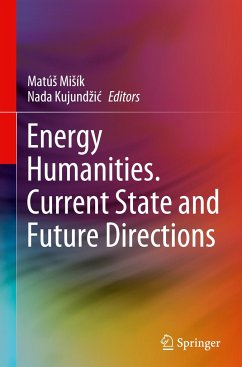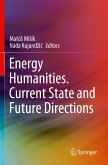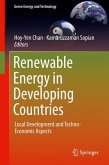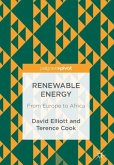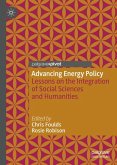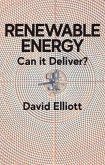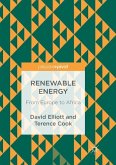This edited book explicitly deals with the energy humanities, summarising existing knowledge in the area and outlining possible future directions for the nascent field. Assuming a variety of disciplinary stances and using a plethora of methodologies to address a number of pressing energy-related issues, the individual contributions showcase the crucial importance of including the humanities and social sciences into the current discussion on energy. Furthermore, they illustrate one of the central claims of the energy humanities, namely, that energy permeates all aspects of our contemporary modes of existence, and is inextricably linked with historical, political, social, ideological, and cultural issues, relationships, and practices.
Through numerous case studies, Energy Humanities and Energy Transition looks to the past, present, and future in search of examples of best practices and possible models for pathways to a successful energy transition and life 'afteroil . While muchof existing research on energy humanities has been criticised for its excessive focus on oil, this book considers a wide range of energy resources, including nuclear energy, renewables, and natural gas. Furthermore, it brings to the forefront under-researched topics such as the colonial legacy inscribed in energy infrastructure and the energy history of the humanities. The contributions in this volume explore not only how the perspectives and expertise of the humanities and social sciences can alter the discourse on energy transition, and our way of thinking about possible solutions and future scenarios, but also how their new focus on energy affects the disciplines themselves.
Energy Humanities and Energy Transition presents a variety of theories, methods, topics, and disciplinary angles, meaning it will be of interest to a wide audience, from practitioners and policy makers, to students and researchers working across the humanities and social sciences. The thematically oriented structure, distinct focus of each individual chapter, and the comprehensive introduction and conclusion that contextualize the contributions within the wider framework of energy transition, make this edited book accessible to readers from many different fields and suitable for various university programs.
Through numerous case studies, Energy Humanities and Energy Transition looks to the past, present, and future in search of examples of best practices and possible models for pathways to a successful energy transition and life 'afteroil . While muchof existing research on energy humanities has been criticised for its excessive focus on oil, this book considers a wide range of energy resources, including nuclear energy, renewables, and natural gas. Furthermore, it brings to the forefront under-researched topics such as the colonial legacy inscribed in energy infrastructure and the energy history of the humanities. The contributions in this volume explore not only how the perspectives and expertise of the humanities and social sciences can alter the discourse on energy transition, and our way of thinking about possible solutions and future scenarios, but also how their new focus on energy affects the disciplines themselves.
Energy Humanities and Energy Transition presents a variety of theories, methods, topics, and disciplinary angles, meaning it will be of interest to a wide audience, from practitioners and policy makers, to students and researchers working across the humanities and social sciences. The thematically oriented structure, distinct focus of each individual chapter, and the comprehensive introduction and conclusion that contextualize the contributions within the wider framework of energy transition, make this edited book accessible to readers from many different fields and suitable for various university programs.

